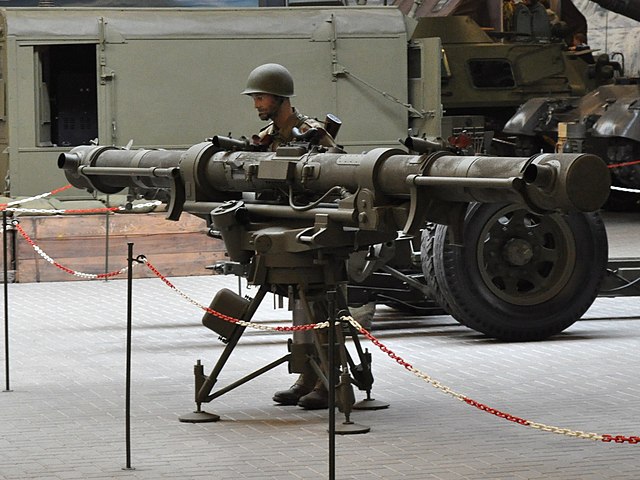Cgkdisc
.:Hall of Fame Member:.
Yes, ball golf courses are marked better. My point was that the PDGA will be going beyond the current ball golf rule if they make rangefinders and GPS gear always allowed rather than just a local rule option like ball golf. It will be interesting to see players trying to measure around a corner in the woods or over a blind hump using a rangefinder (and get it done within 30 seconds including throwing). Rangefinders should be helpful especially on courses with multiple pins where they couldn't put permanent distance markers like golf anyway because the pins would all be different distances from a lie.
